A recent vote in the US Senate passed a bill that represents the first major action by Congress in several years that attempts to hold tech companies at large accountable for the content that children are viewing online.
The bill, if signed into law, would force tech companies who have online services frequently used by minors to have a “duty of care” and implement steps to prevent content on their platform from being seen by them.
Senate Vote
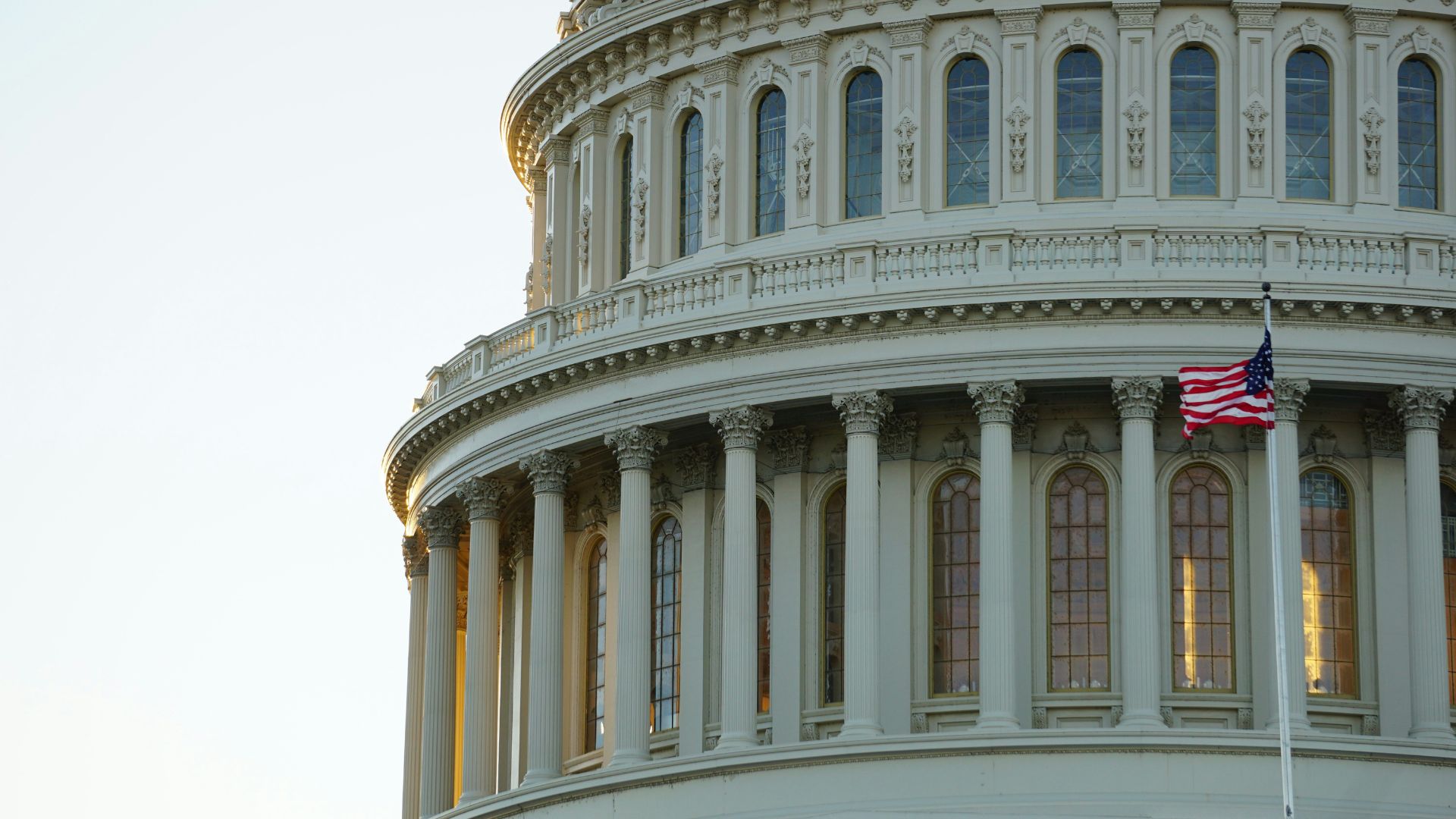
The bill, called the Kids Online Safety and Privacy Act (KOSA) passed by a massive margin in the Senate, receiving 91 yes votes and only 3 no votes.
“Brb, crying because the Senate passed the Kids Online Safety and Privacy Act by a 91-3 vote,” said an X user.
Passing the Bill
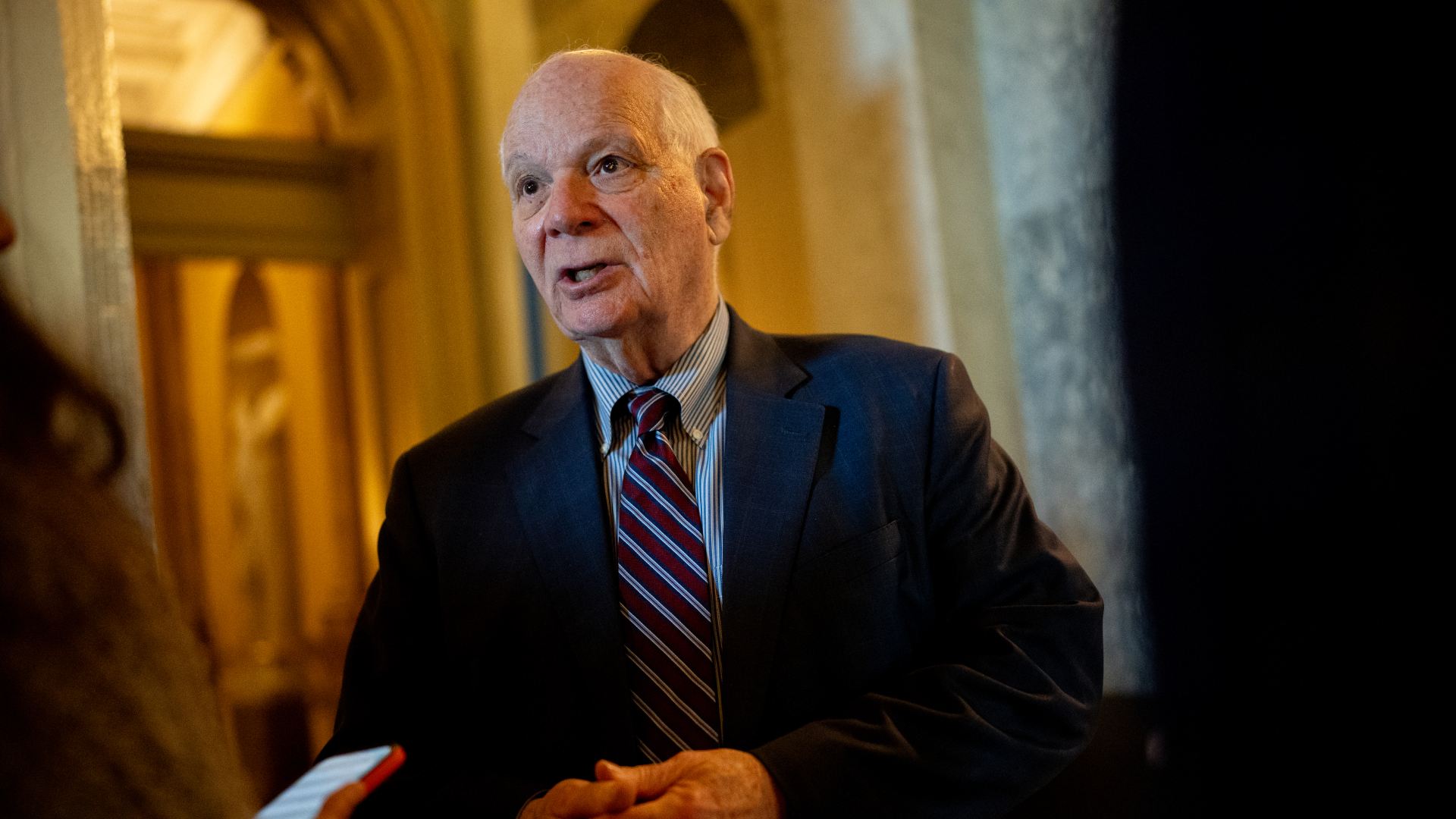
Democrat Senator Ben Cardin released a statement following the vote, outlining the motivation for trying to protect America’s children from cyberbullying and other risks.
“Marylander Grace McComas was only 15 when she took her own life after being viciously cyberbullied. The Senate voted today, by an overwhelming 91-3, to support families and protect children so that no one else needs to experience the hurt Grace endured or the heartbreak her family lives with today,” said Cardin.
Moving to the Next Stage

Cardin hoped that the legislation would quickly make its way through the process and get fast approval from the other chamber of Congress.
“This legislative package, which we hope the House of Representatives will pass quickly upon their return, aims to create baseline requirements to hold social media companies accountable for keeping youth safe online,” Cardin said.
Support in the House
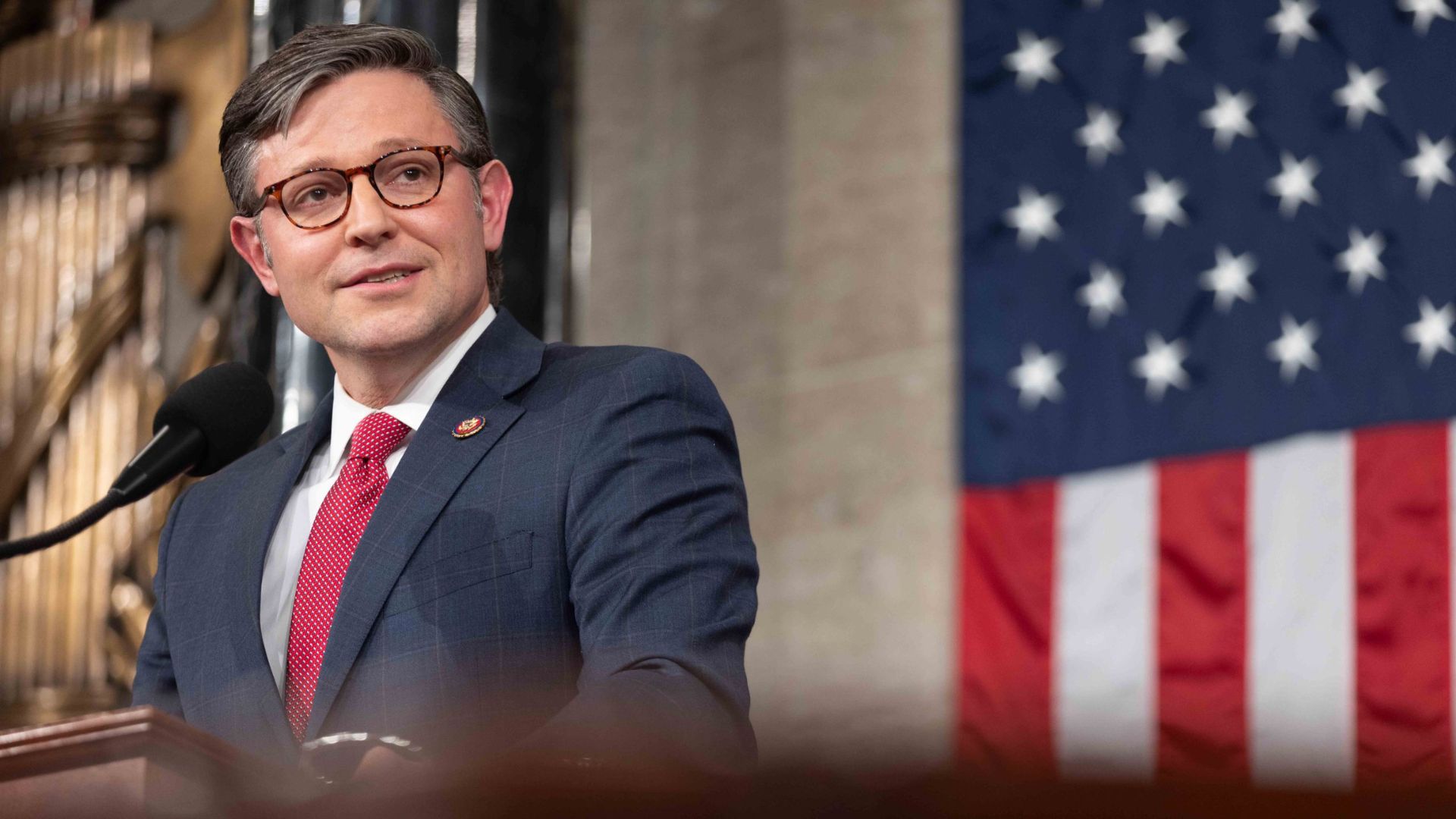
House Speaker Mike Johnson has expressed support for getting the bill passed, saying he is “committed to working to find consensus” among members of the US House of Representatives.
The supporters of this legislation hope to get it to the floor for a vote before the end of this congressional session in January.
Biden Awaiting Approval
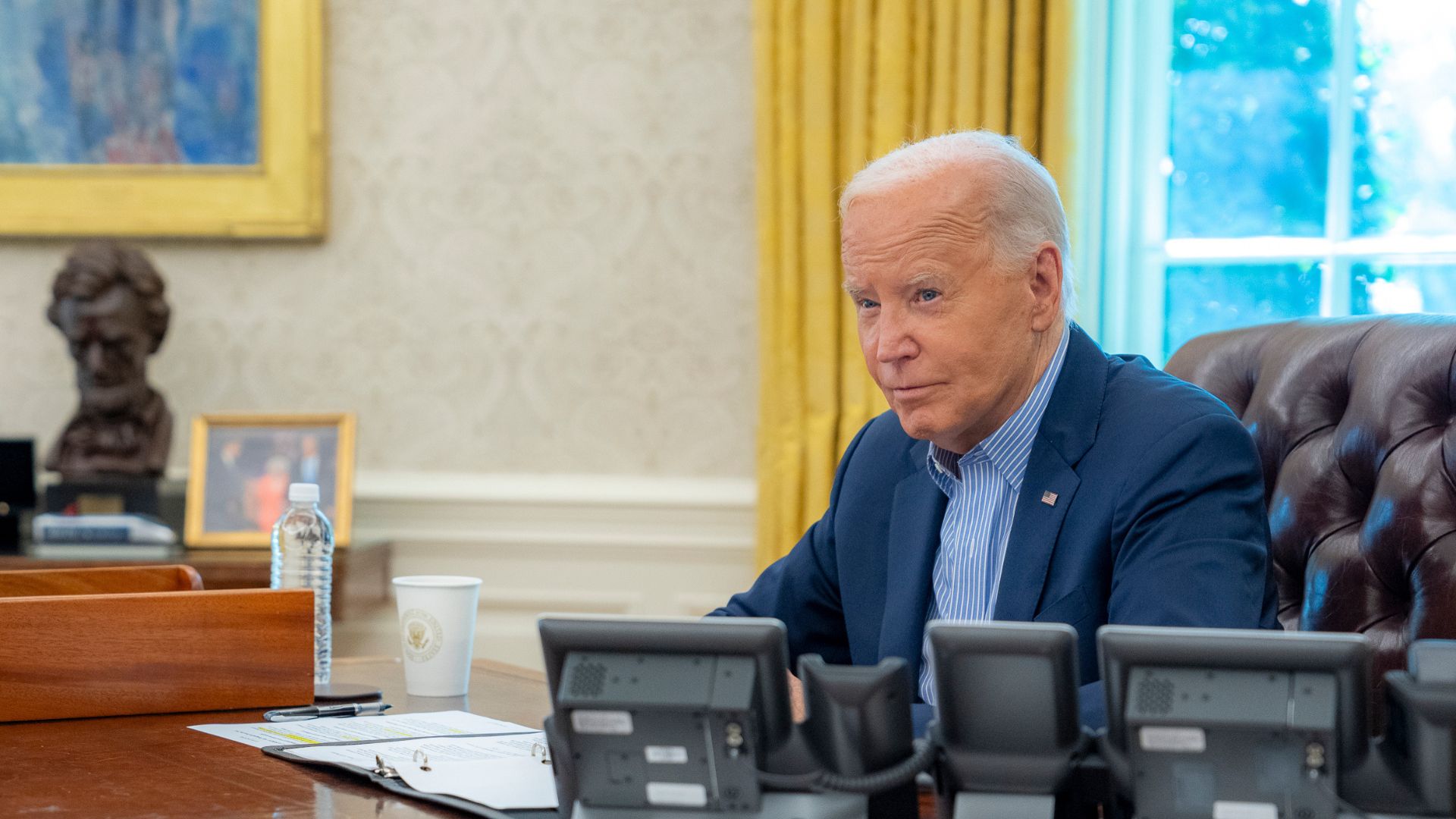
President Joe Biden has already signaled that he would sign the bill, telling House members to send the bill to his desk “without delay.”
“Today our children are subjected to a wild west online and our current laws and regulations are insufficient to prevent this,” Biden said. “It is past time to act.”
What Would the New Law Do?

If passed, KOSA would impose a host of requirements on tech companies which would give parents and children additional tools, safeguards, and measures to protect their online viewing experience.
The companies would have to go to greater lengths to protect the information of minors, disable “addictive” features of their platforms, and set the privacy settings for minors as the strongest available by default.
Taking Back Control

Democratic Senator Richard Blumenthal who wrote the bill along with Republican Senator Marsha Blackburn boils the core of what the bill does down to allowing children and parents “to take back control of their lives online.”
Blumenthal asserted that the bill is a statement against tech companies that “we no longer trust you to make decisions for us.”
Context of Moves Against Big Tech
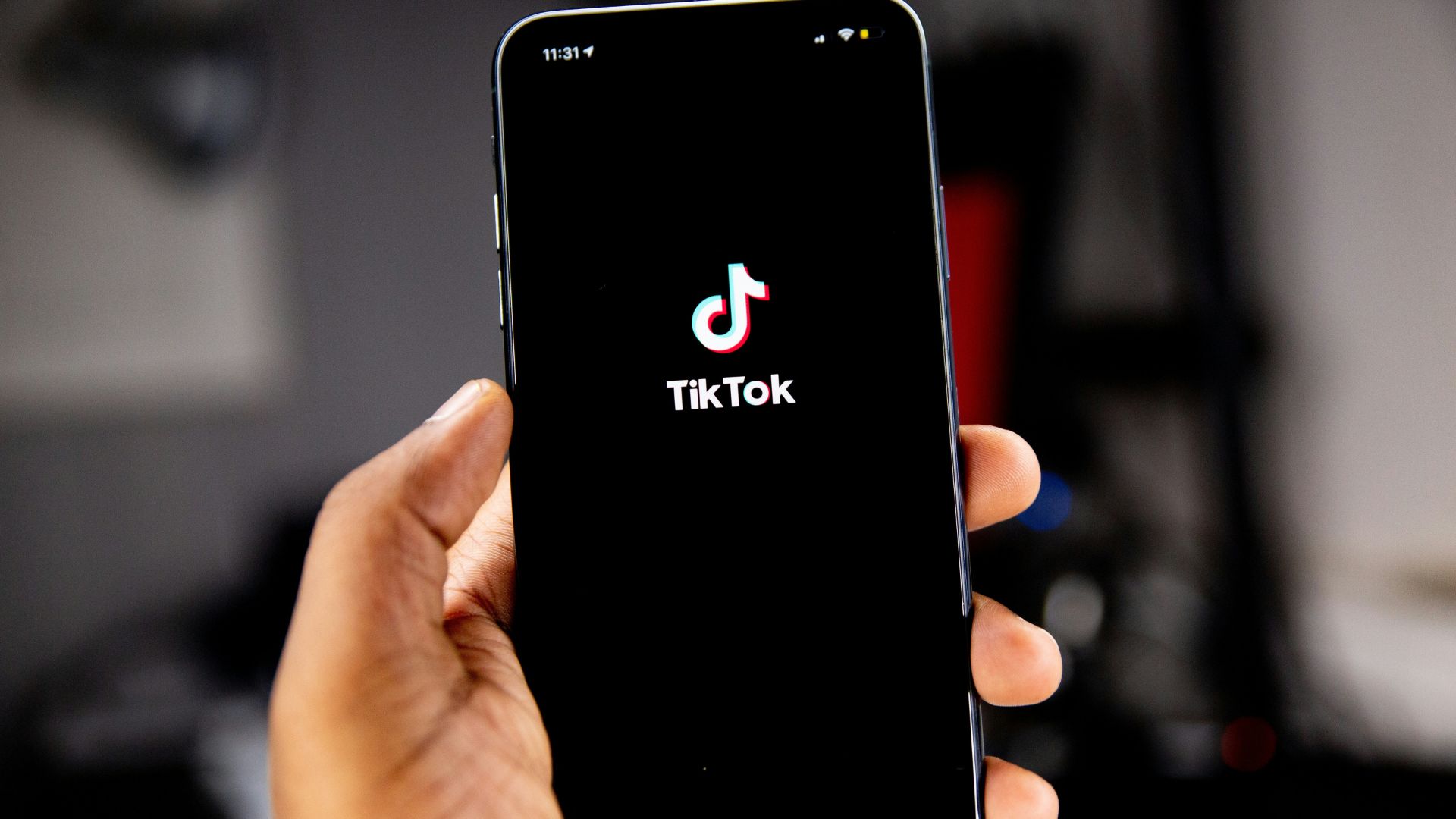
This bill comes in the context of legislators recently increasing scrutiny against these big tech companies.
Earlier this year, legislators voted to force the popular China-based social media app TikTok to sell or face a permanent ban from the country. There seems to be an increasing political will not present for years to hold these companies accountable as they have become integral to everyday life.
Opposition to the Bill

Those who oppose this new legislation feel that it amounts to censorship and is a government power grab disguised with good intentions.
“From time to time, lawmakers—well-intentioned or otherwise—try to take away our access to the public square, our right to speak freely in it, or both, often in the name of ‘protecting our children’ from some of those harms. But we cannot repair or prevent those harms if we cannot discuss them, said a progressive San Francisco-based group called Indivisible SF, which opposes KOSA.
Forced to Reveal Identities

Indivisible SF opposes the bill because it effectively forces companies to require proof of age and verification to use the platform, which would censor information from those who don’t wish to reveal their identities.
“KOSA would require messaging services (think iMessage, Signal, or WhatsApp) and social media websites to try to shield the eyes of minors against certain topics. It’s likely that these services would comply with these requirements by forcing users to provide proof of age,” said Indivisible SF. “Realistically, this means forcing people to prove their identity to every service they sign up for.”
Censorship Regime
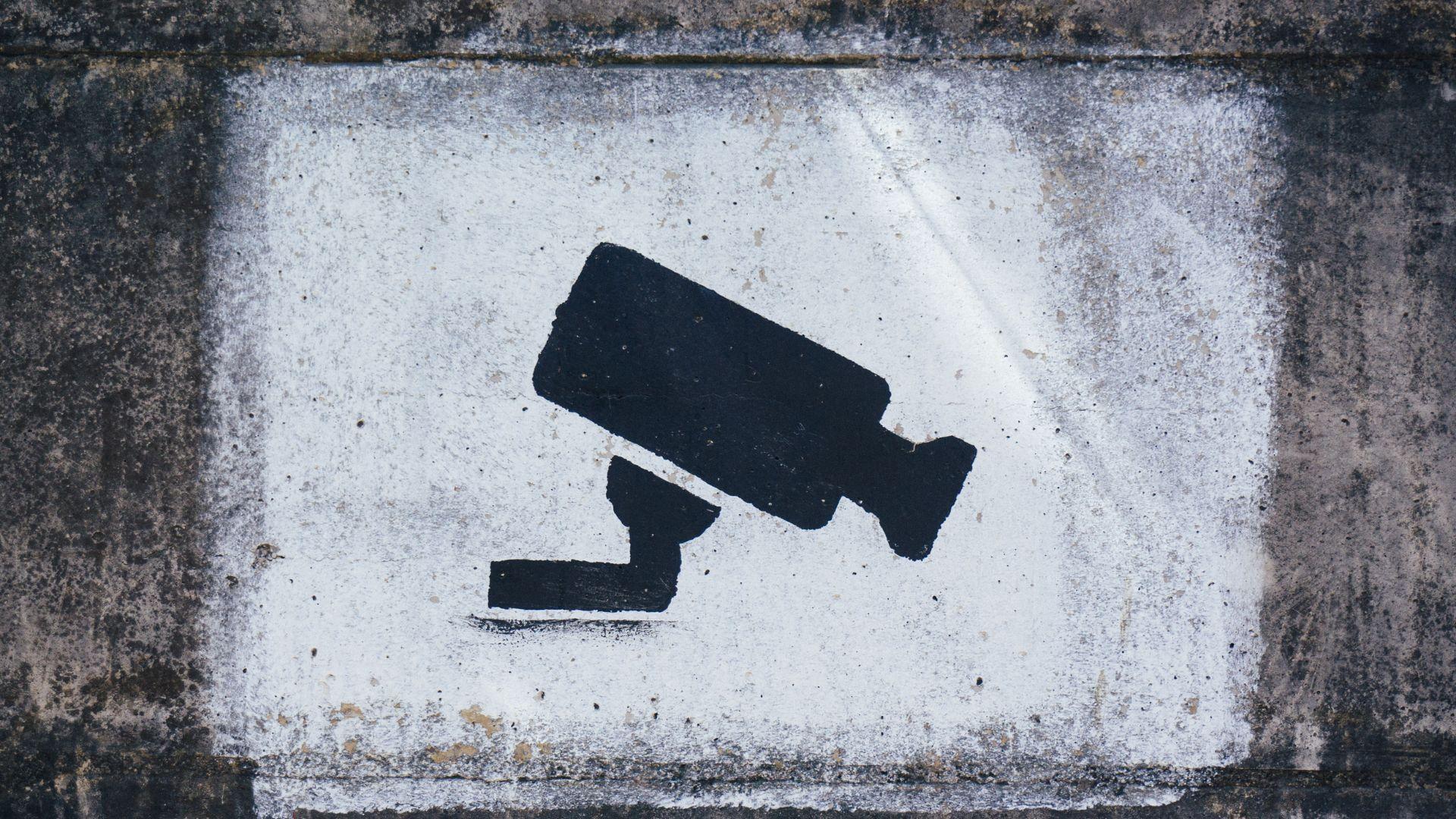
The group characterizes the legislation as a “censorship and surveillance” bill that would have negative consequences for public discourse.
“This would create, in effect, a censorship regime—if you’ve ever seen the lengths TikTok users go to in order to try to exercise their free-speech rights without saying things that will get them suspended, you’ve seen what this looks like in action,” said the group. “KOSA would make it legally mandatory on all messaging services and all social media.”
